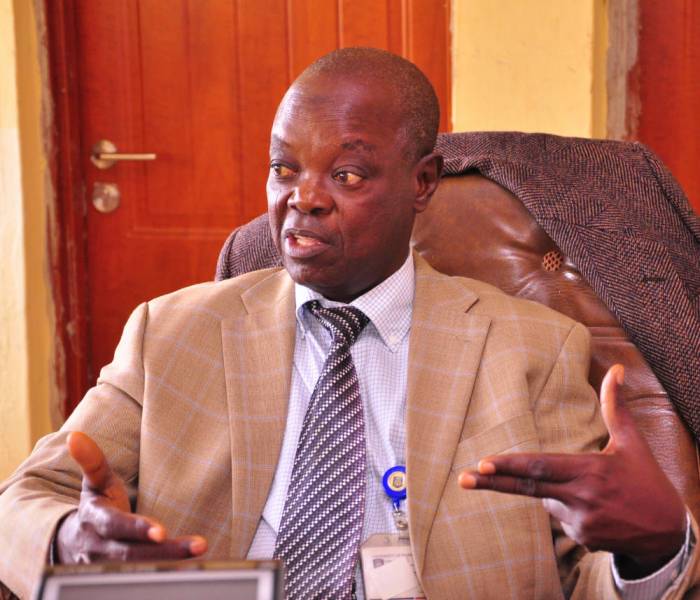
Vice Chancellor of the University of Ilorin (UNILORIN), Professor Sulyman Abdulkareem Age, has advised secondary school students to use cell phones for knowledge acquisition rather pay attention to social media platforms.
Speaking at the 12th Mosobalaje Oyawoye Faculty of Science endowed lecture, titled, Science and technology: tools for improving values for a better nation, in Ilorin on Thursday, the vice chancellor urged the youths to dedicate themselves to science and technology.
The programme was sponsored by Professor Monmodu Jamiu Mosobalaje Oyawoye Foundation.
“I urge you to dedicate your time and energy to science and technology as you can access the latest innovation, experiment and inventions anywhere in the world via that miniaturized devices,” the vice chancellor said.
In his remark, Prof Oyawoye represented by his son, Prince Abdulganiyu, said that the foundation had invested about N10 million on this year’s programme but government policies had disallowed the committee from accessing the funds.
In his lecture, the guest lecturer Prof Edwin Adaikpoh of the Delta state University (DELSU), Abraka emphasized the imperativeness of research for the technological development of the country.
Prof Adaikpoh, a geologist, added that science and technology received little or no attention from the private sector.
“Funding is from national treasury and influenced by the inherent negative effects of politics and bureaucracy. Scientific research has become increasingly expensive due to the cost of purchase and maintenance of equipment.
“In Nigeria, like in most developing countries, universities and research centres do not focus their research to solve their national problems, needs of education, industries, agriculture and healthcare.
“Government goals are lacking and their scientists work in isolation and move in tandem with the objectives of those research centres
“To improve science for national development, a suitable operational environment must be put in place and sustained. Operational indices for value improvement include human resources, adequate research facilities and adequate funding.”
The guest lecturer lamented the wide gap between higher education and the industry in the country.
“Currently, there is still a large gap between higher education and the industry. Very minor and spurious attempts are being offered by some companies but these so far have negligible effects. Stakeholders in higher education and industries should appreciate the need for each other in national development.
They should encourage and enhance university – industry collaboration and technology transfer,” he said.

